Theatre History Worksheets
Theatre history worksheets are valuable tools for educators and students alike. These worksheets provide a structured framework for exploring the rich and diverse history of theatre, grounding the learning experience in specific entities and subjects. By using these worksheets, both teachers and students can delve deeper into various eras, playwrights, performances, and theatrical movements.
Table of Images 👆
More History Worksheets
Free Printable History WorksheetsU.S. History Worksheets
Black History Worksheets for Kindergarten
Black History Month Reading Comprehension Worksheets
Which Greek playwright is considered the father of Western drama?
Aeschylus is considered the father of Western drama. He made important contributions to the development of ancient Greek theater and is credited with introducing the use of a second actor in plays, transforming theater from a choral performance to a complex dialogue-driven art form.
What was the purpose of Roman amphitheatres?
Roman amphitheatres were designed as entertainment venues for staging various performances, such as gladiatorial games, animal hunts, and theatrical productions. These impressive structures served as places where the Roman populace could gather to be entertained, socialize, and express their identity and values through the events held within them. Additionally, amphitheatres also functioned as tools for political propaganda and as symbols of the power and grandeur of the Roman Empire.
Who is known as the most famous playwright of Elizabethan England?
William Shakespeare is known as the most famous playwright of Elizabethan England, celebrated for his timeless works such as "Romeo and Juliet," "Hamlet," and "Macbeth." His plays continue to be performed and studied worldwide, solidifying his legacy as one of the greatest playwrights in history.
What was the significance of the Commedia dell'arte in Renaissance Italy?
Commedia dell'arte was significant in Renaissance Italy as it revolutionized theater by popularizing improvisation, masks, stock characters, and physical comedy. It helped democratize the theater by bringing performances to a wider audience, influencing future theatrical styles and forms. This theatrical form also provided social commentary and satire on contemporary issues, challenging social norms and prejudices through its humorous and exaggerated portrayals of characters.
Which period of French theatre is characterized by extravagant costumes and elaborate stage designs?
The period of French theatre that is characterized by extravagant costumes and elaborate stage designs is known as the Baroque period. This style of theatre emerged in the 17th century and featured grandiose productions with luxurious sets, ornate costumes, and spectacular visual effects aimed at stunning and entertaining the audience.
What is the meaning of the term "well-made play"?
A "well-made play" is a term used to describe a particular style of playwriting that emerged in the 19th century, popularized by French dramatist Eugène Scribe. This style typically features a tightly structured plot with a clear beginning, middle, and end, along with a series of carefully constructed plot twists and reveals that drive the narrative forward. Well-made plays often emphasize cause and effect relationships, utilize suspense and intrigue, and rely on the resolution of complications to provide a satisfying conclusion for the audience.
Who is considered the father of realism in theatre?
Henrik Ibsen is considered the father of realism in theatre. His plays, such as "A Doll's House" and "Hedda Gabler," revolutionized the art form by depicting realistic characters, settings, and themes that challenged societal norms and explored psychological depths, laying the foundation for modern realistic drama.
Which American playwright is known for his exploration of the African American experience?
August Wilson is known for his exploration of the African American experience in his plays, particularly in his renowned Century Cycle, a series of ten plays that examine various aspects of African American life throughout the 20th century. Wilson's work is praised for its powerful storytelling, rich characters, and deep exploration of themes such as racism, identity, and culture within the African American community.
What was the impact of the Provincetown Players on American theatre?
The Provincetown Players, founded in 1915, significantly impacted American theatre by pioneering the development of new American drama and promoting experimentation and innovation in theatrical productions. They provided a platform for emerging playwrights such as Eugene O'Neill, Susan Glaspell, and Edna St. Vincent Millay, showcasing their groundbreaking works and encouraging a shift towards more socially relevant and avant-garde plays. The group's commitment to promoting original American works helped to establish a distinct national identity in American theatre and influenced the trajectory of modern drama in the United States.
How did the Theatre of the Absurd challenge traditional theatrical conventions?
The Theatre of the Absurd challenged traditional theatrical conventions by rejecting conventional narratives, characters, and dialogue in favor of nonsensical, absurd situations that highlighted the meaninglessness and irrationality of the human condition. Plays in this genre often featured fragmented plots, ambiguous settings, and disjointed dialogue, creating an atmosphere of confusion and existential despair. By defying expectations and subverting traditional forms, the Theatre of the Absurd pushed audiences to question their understanding of reality and experience a sense of disorientation and alienation.
Have something to share?
Who is Worksheeto?
At Worksheeto, we are committed to delivering an extensive and varied portfolio of superior quality worksheets, designed to address the educational demands of students, educators, and parents.

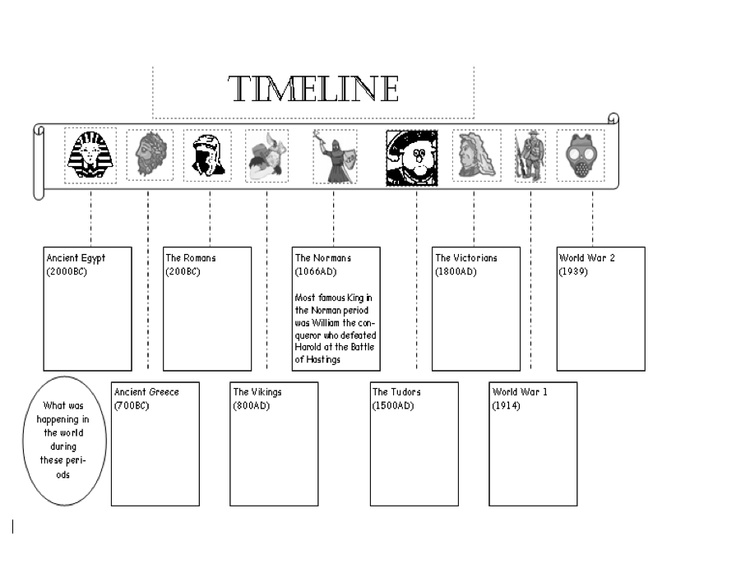



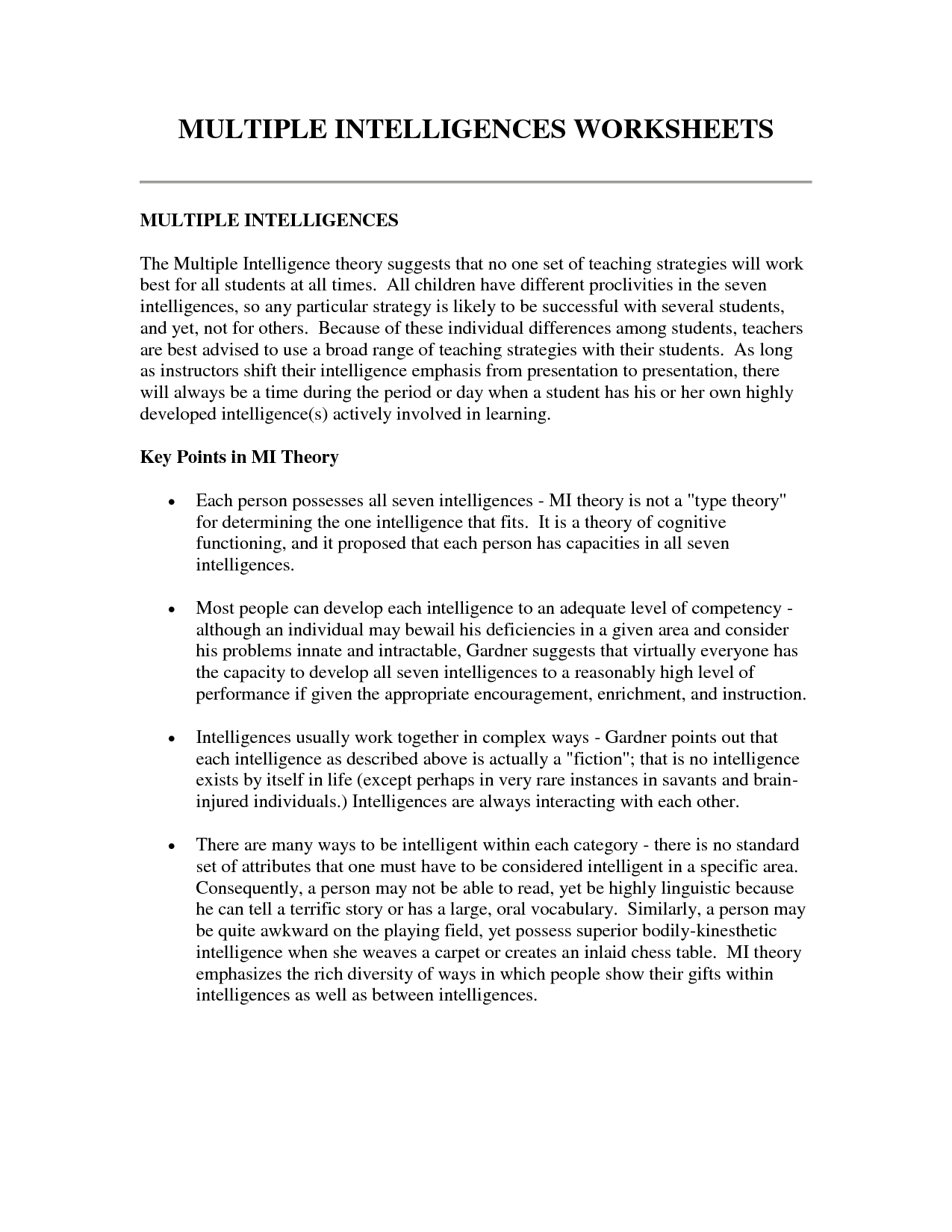
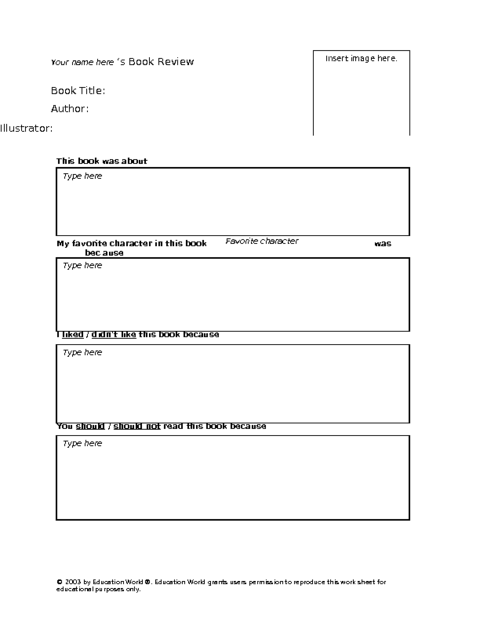
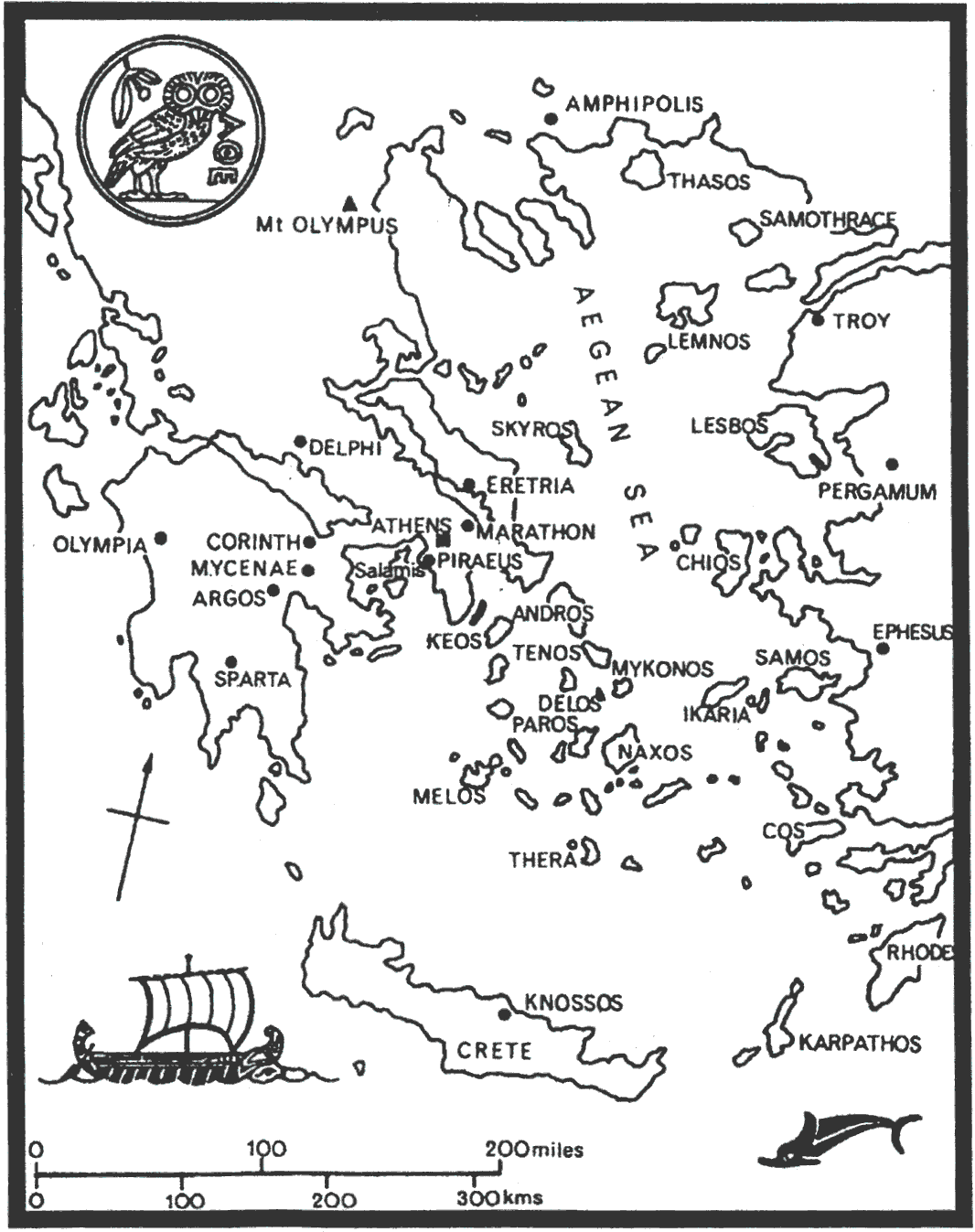
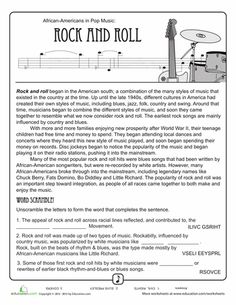
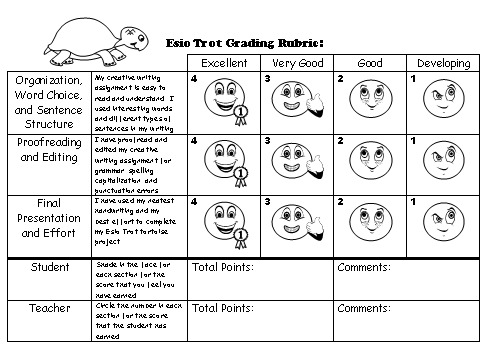

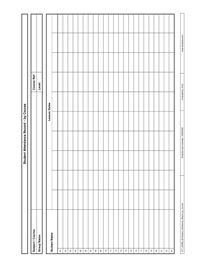
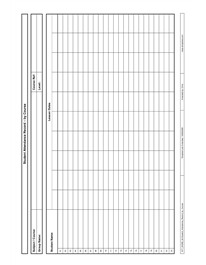
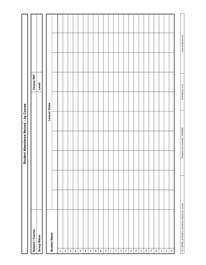
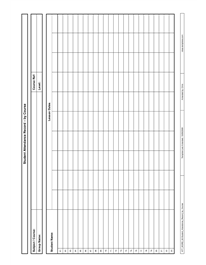
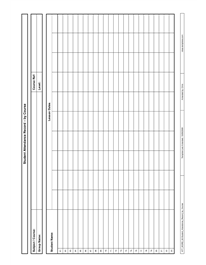
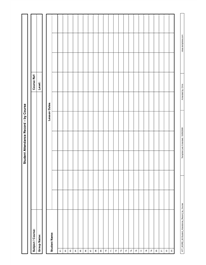
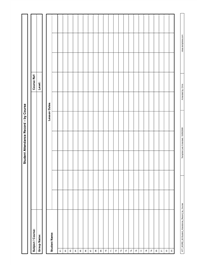
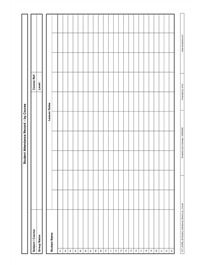
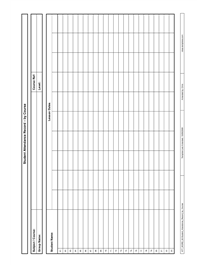









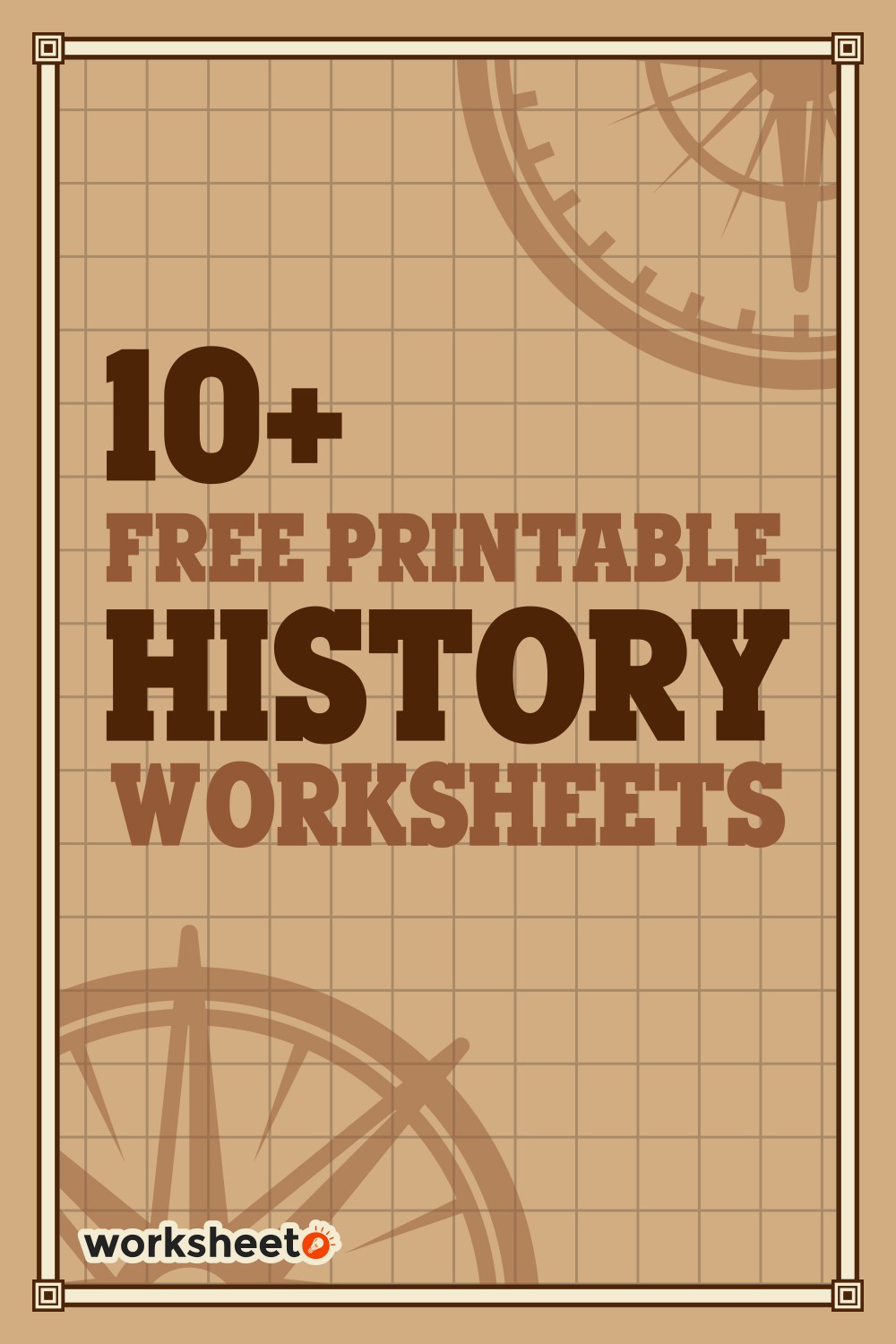
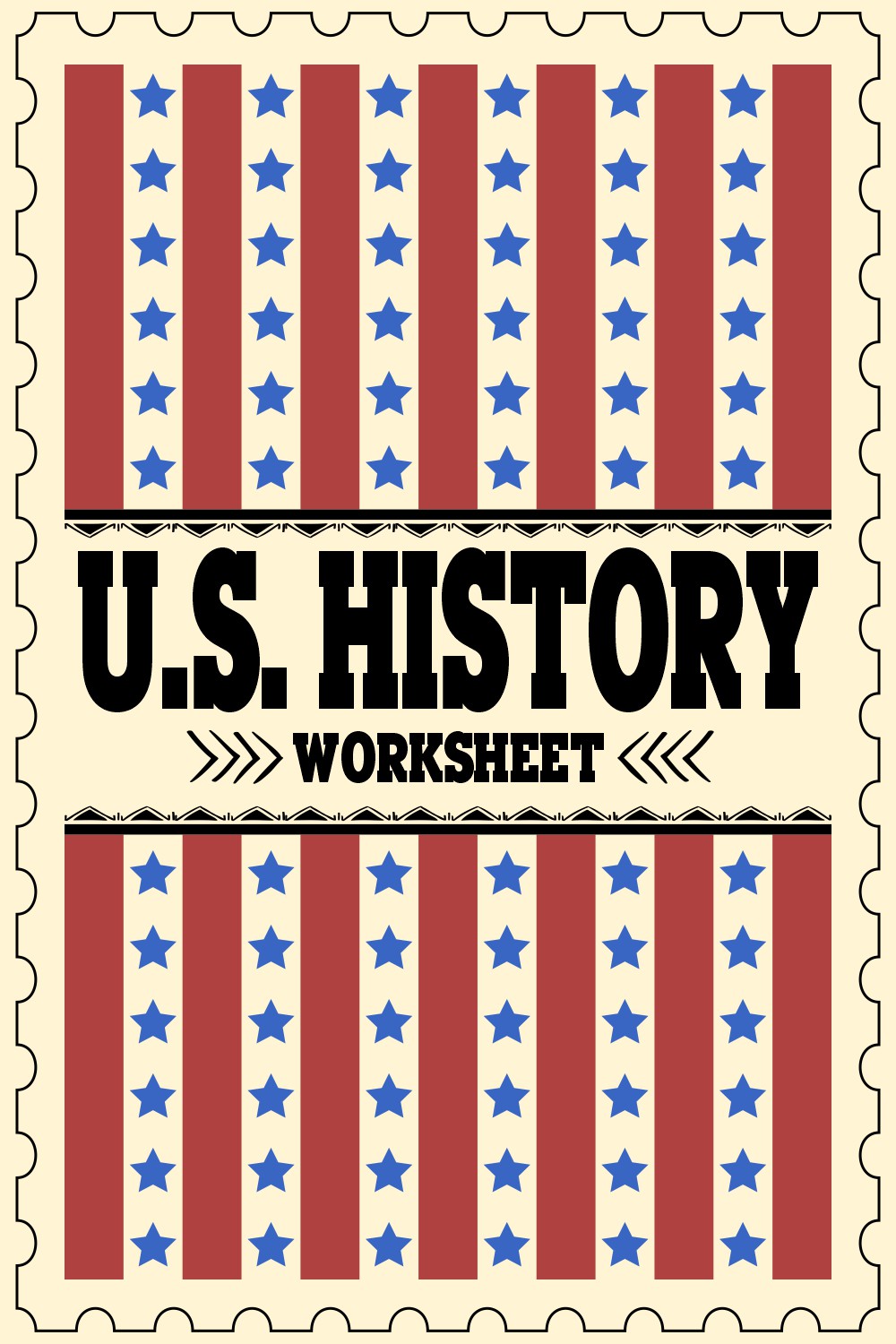

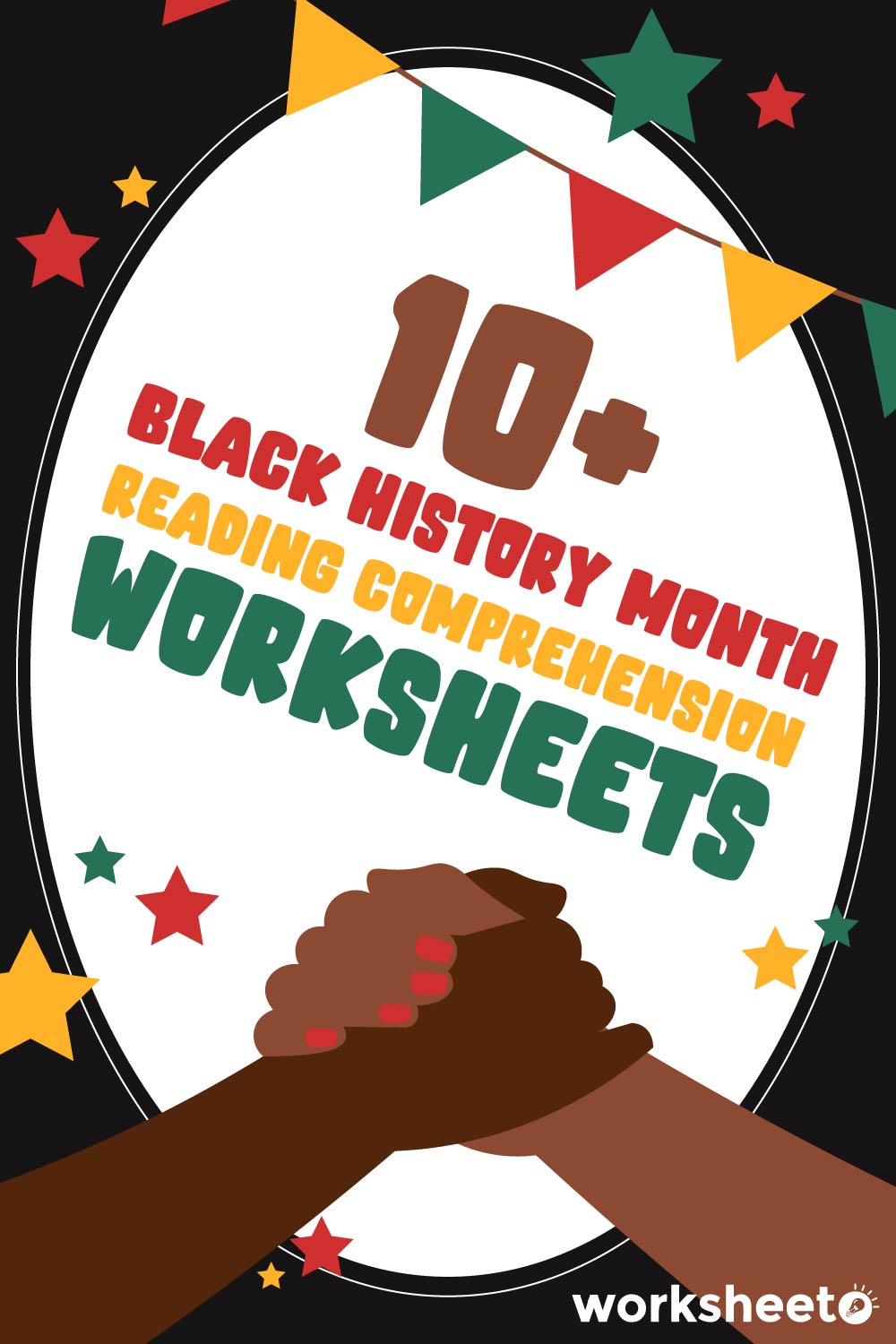
Comments